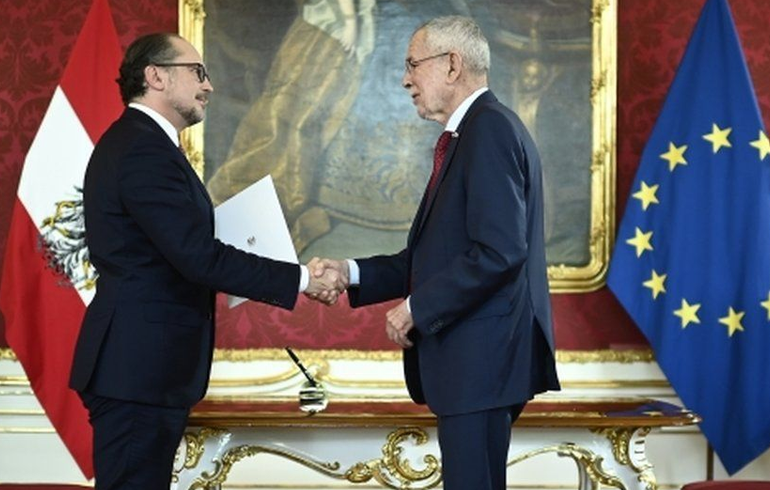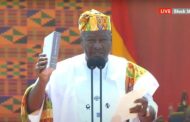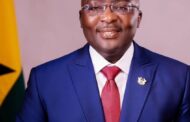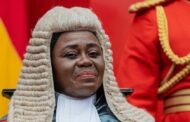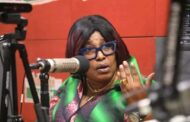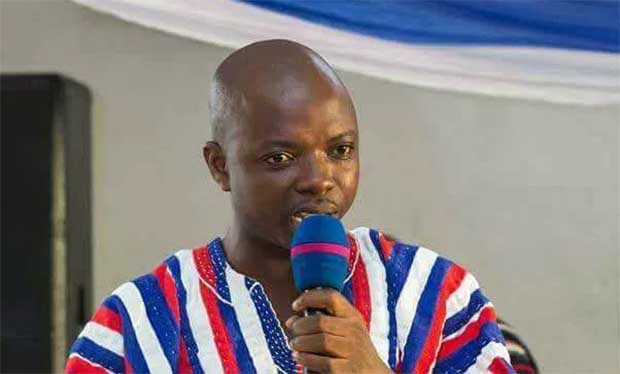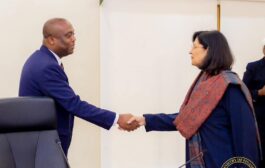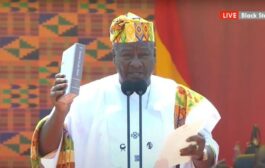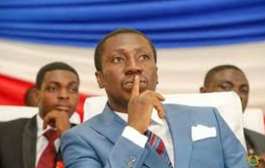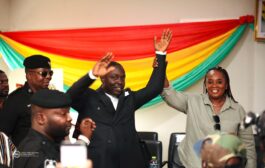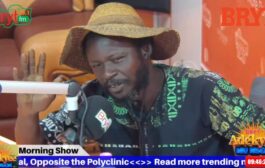Alexander Schallenberg has taken over as the chancellor of Austria, with the government seeking to move on from a corruption scandal.
The foreign minister was sworn in on Monday after his predecessor, Sebastian Kurz, quit over corruption allegations.
Mr Kurz and nine others were placed under investigation after raids linked to his conservative People’s Party (ÖVP).
He denies claims he used government funds to buy favourable media coverage.
The allegations last week took his coalition government to the brink of collapse after ÖVP’s junior partner, the Greens, said Mr Kurz was no longer fit to be chancellor.
The Greens began talks with opposition parties, who were threatening to bring a vote of no confidence against the chancellor next week.
Greens leader and Vice Chancellor Werner Kogler welcomed Mr Kurz’s resignation and indicated he would be willing to work with Mr Schallenberg.
Mr Kurz said he would “step aside to prevent chaos” but would remain leader of his party, and continue to sit in parliament.
Austrian President Alexander Van der Bellen formally swore in Mr Schallenberg in a televised ceremony. The president presented Mr Schallenberg as an experienced diplomat and a skilful political operator.
The president said it would take hard work to restore trust in the coalition government following the corruption inquiry.
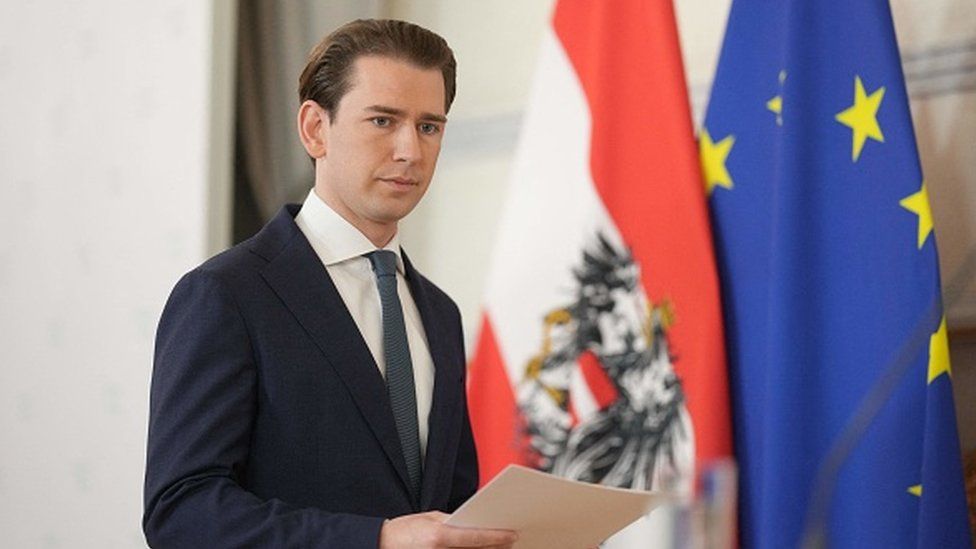
The corruption allegations relate to the period between 2016 and 2018 when finance ministry funds were suspected to have been used to manipulate opinion polls in favour of the ÖVP that were then published in a newspaper.
Over the weekend, prosecutors carried out raids at the chancellery, the finance ministry and homes and offices of senior aides to Mr Kurz.
Mr Kurz – who was first elected in 2017 as the youngest chancellor in Austrian history – has called the allegations against him “baseless”.
Who is Alexander Schallenberg?
Mr Schallenberg, 54, is a career diplomat who is a relative newcomer to politics.
The son of a former Austrian ambassador, Mr Schallenberg is steeped in diplomacy. Born in the Swiss capital Bern, he spent his childhood in India, Spain and France, where his father took on ambassadorial roles.
Following in his father’s footsteps, Mr Schallenberg joined the diplomatic service himself in 1997.
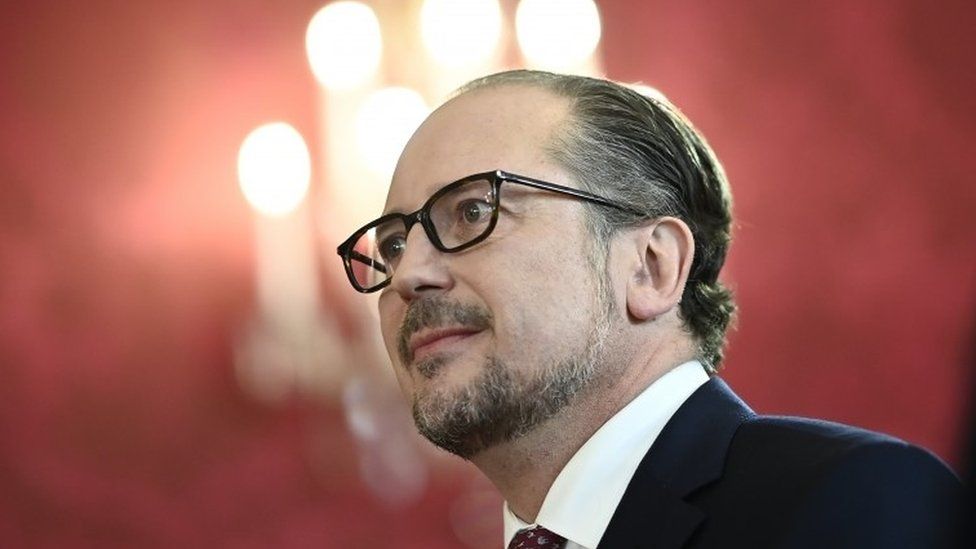
Mr Schallenberg was appointed foreign minister in June 2019, succeeding Karin Kneissl.
Mr Schallenberg kept his role when Mr Kurz won the general election later that year.
He’s seen as a strong ally of Mr Kurz, who told Der Spiegel in a 2007 interview that Mr Schallenberg was one of the most talented ministers he had ever known.
Mr Kurz will still be a major figure in Austrian politics despite his resignation, the BBC’s Vienna correspondent Bethany Bell says.
She says opposition politicians believe Mr Kurz will still be pulling the strings as a shadow chancellor.
Source: BBC



